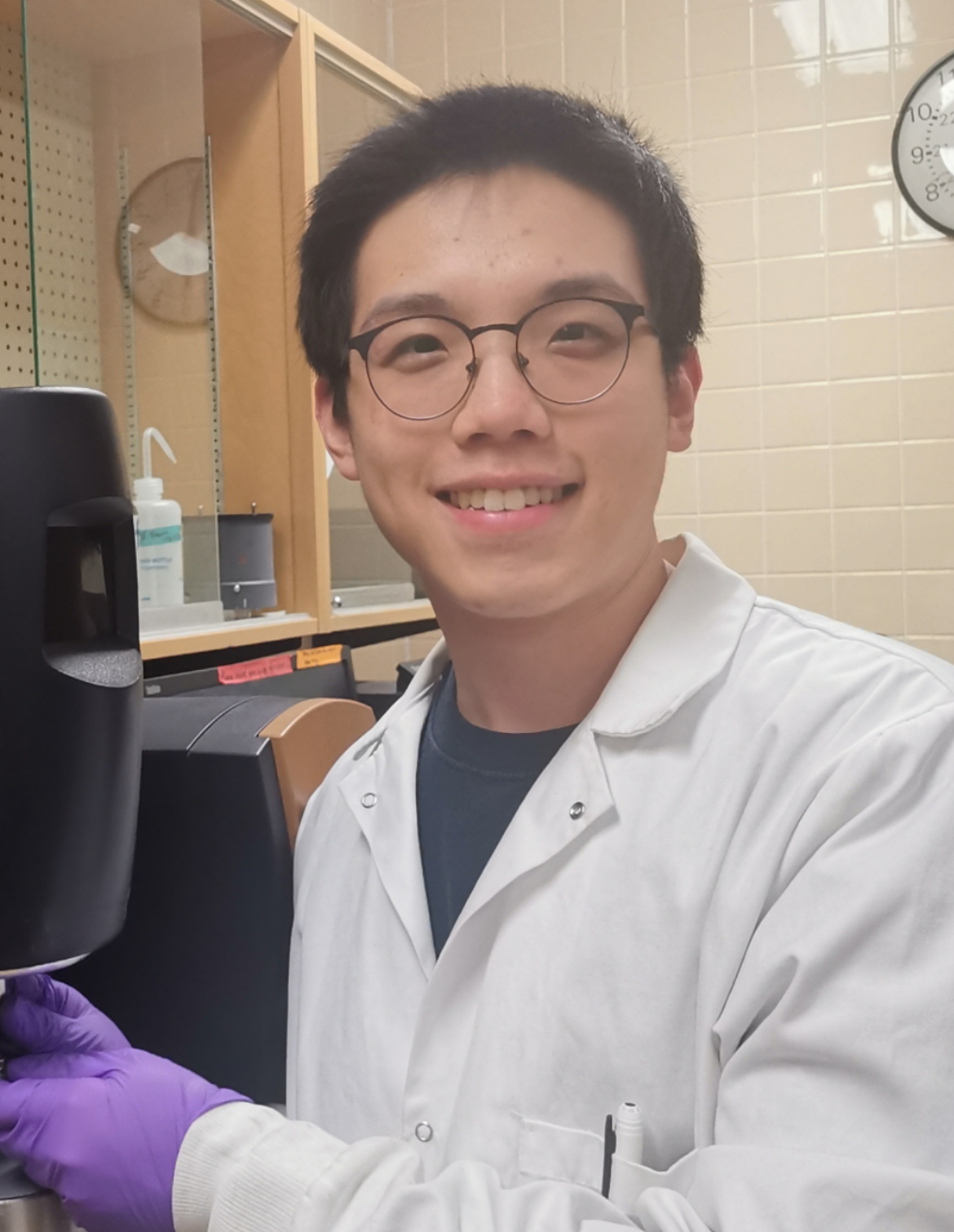2025 AOCS Posters
Protein and Co-Products
High-Resolution 3D Printing Using Novel Granular Hydrogel Inks from Size-Controllable Protein Microgels

Yifu Chu (he/him/his)
PhD candidate
University of Alberta
Edmonton, Alberta, Canada- LC
Lingyun Chen, PhD
Professor
University of Alberta
Edmonton, Alberta, Canada
Presenting Author(s)
Co-Author(s)
In food science, 3D printing technology allows for the customization of shape, color, flavor, texture, and nutrition, enabling food products to be tailored to individual needs. Granular hydrogels, composed of jammed hydrogel microparticles (microgels), offer great potential as 3D printable inks due to their excellent extrudability and self-healing properties. However, the large microgels (~100 μm) obtained from traditional microgel fabrication approaches limit the resolution of the granular hydrogel-based 3D printing, as larger nozzles are needed to prevent filament curling. To overcome these limitations, we developed a novel class of granular hydrogels made from uniform, size-controllable whey protein microgels (ranging from 1 to 20 μm), fabricated through a protein-polysaccharide phase separation strategy. This facile, energy-efficient method produces protein microgels without surfactants, making it highly promising for food and biomaterial applications. The smaller microgel size allowed granular hydrogel inks to achieve high-resolution 3D printing (filament size of 200 μm) with minimal ink spreading (~5%) and the ability to form stretchable filaments at high speeds (10 mm/s) using a 25G needle (inner diameter 0.26 mm), resulting in smooth, continuous filaments similar to traditional liquid inks. This exceptional printability enables the additive manufacturing of high-resolution constructs, ranging from multilayered grids and high-aspect-ratio hollow cylinders to more intricate structures.
The aim of this study was to utilize protein-based 3D printable food ink in design of healthy novel food structures, which are high in protein and low in fat or sugar. The aim of this study was to develop protein-based, 3D-printable food inks to design healthy, novel food structures that are high in protein and low in fat or sugar. These whey protein-based granular hydrogels, with strong industrial potential, serve as versatile platforms for creating customized food products tailored to specific dietary requirements, such as for patients with dysphagia.

.png)